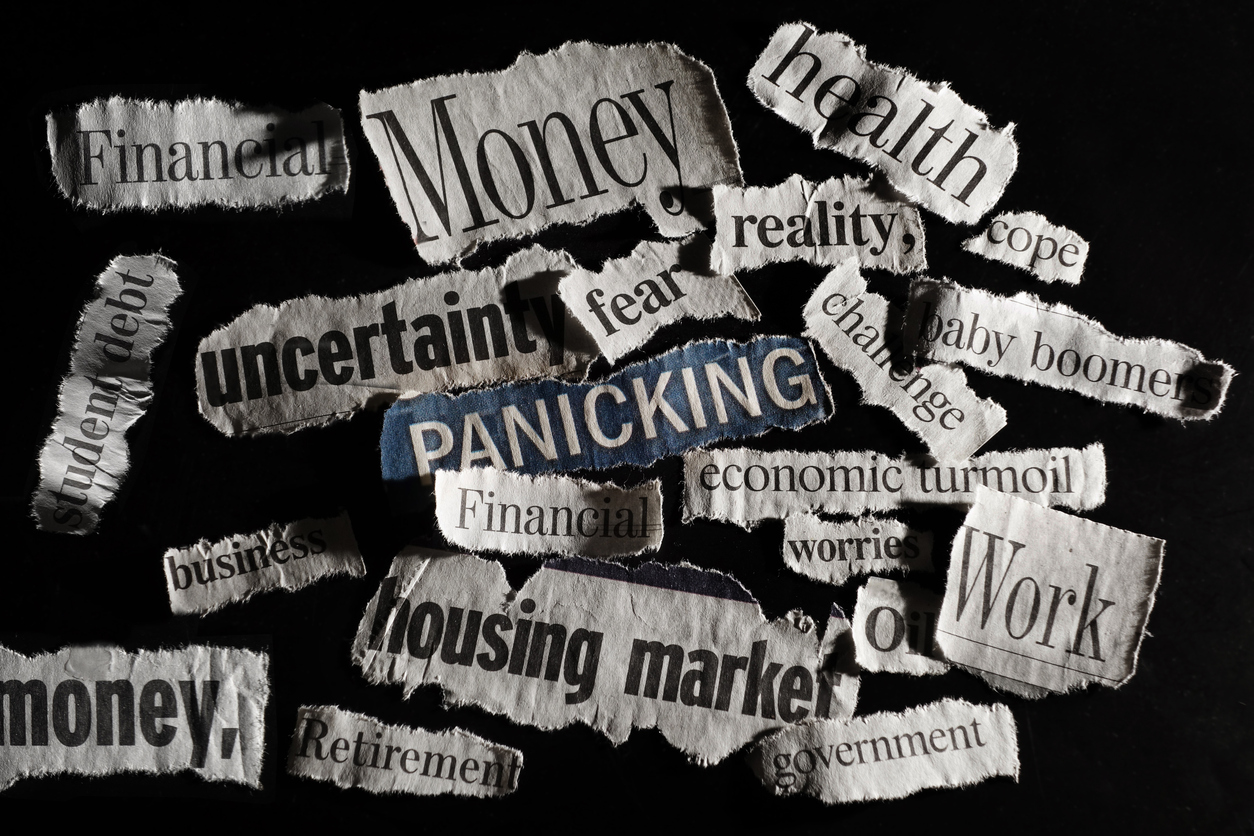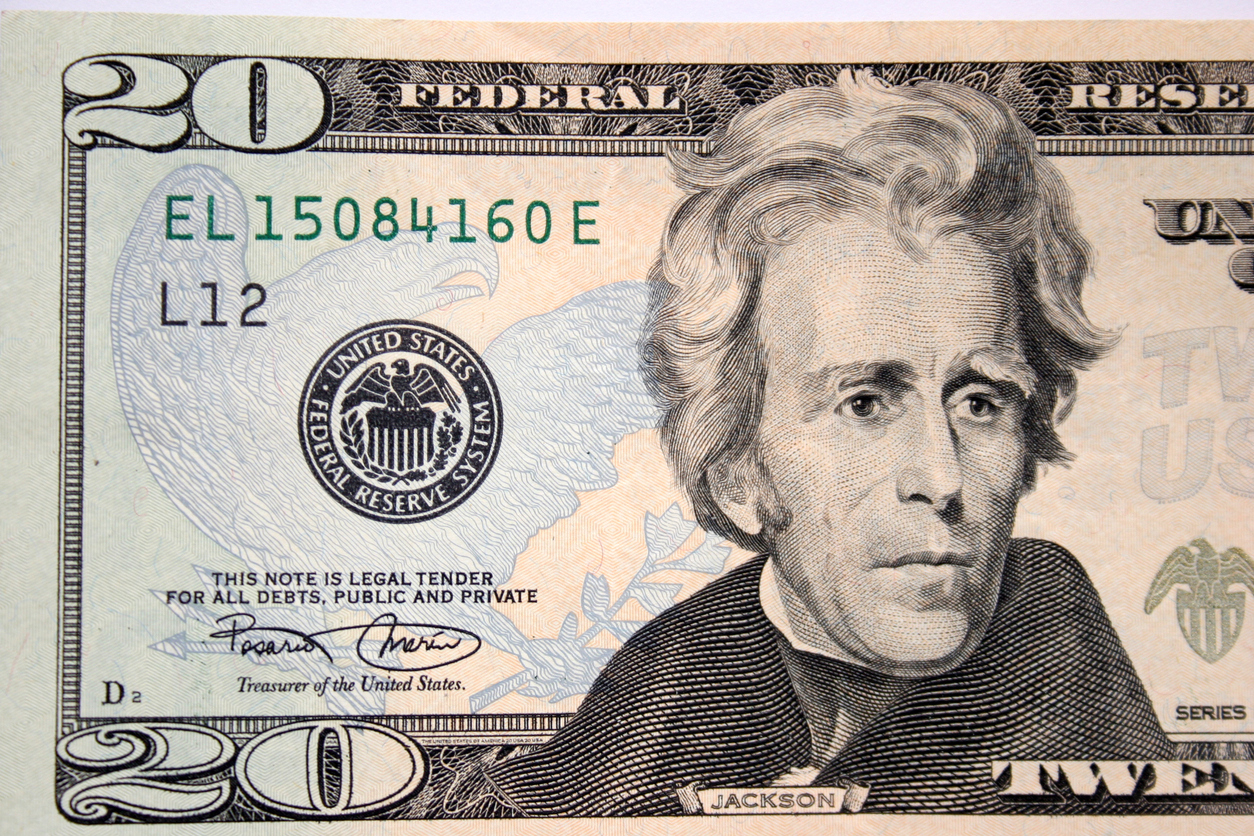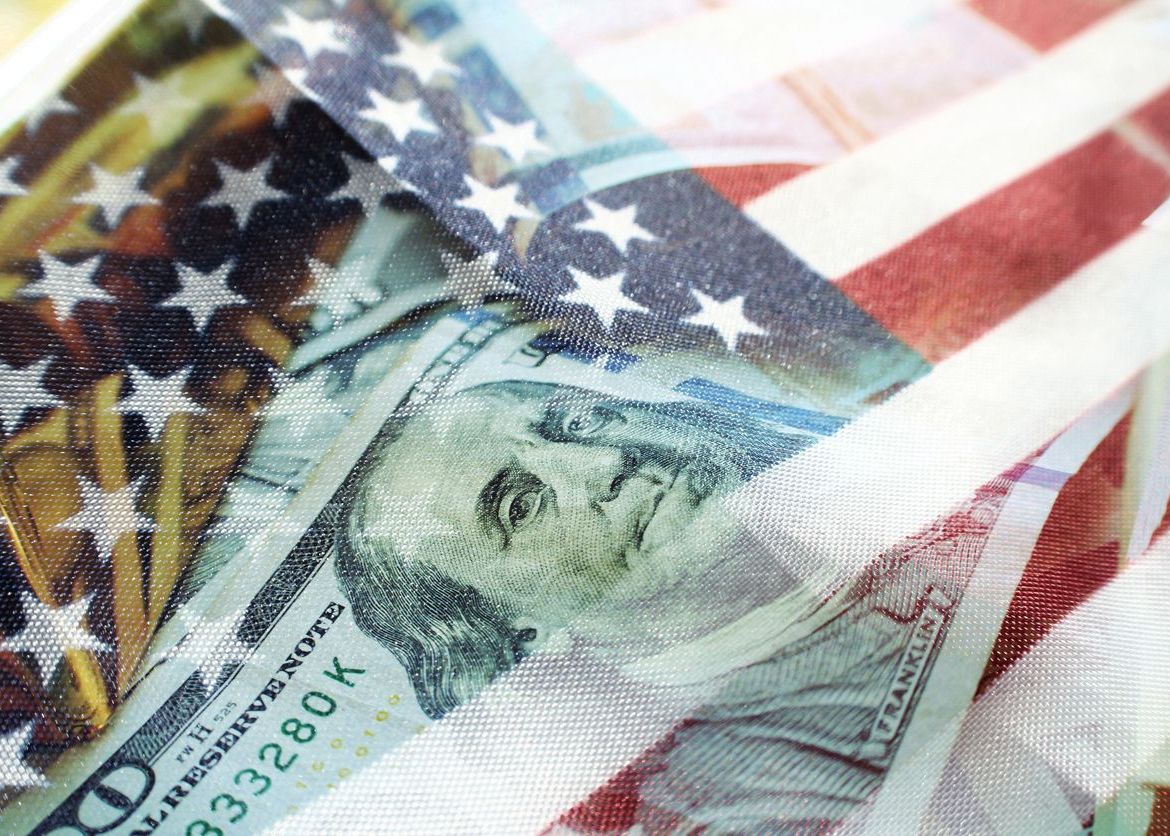
The simplest and truest reason as to why we diversify is that we don’t know what assets will do very well in the future, and which assets will do poorly. Diversification is the evidence that we cannot accurately and consistently forecast the future.
When we invest during a period where one asset vastly outperforms all others, it can be very frustrating to remain diversified. We may be tempted to sell the underperformers and invest more heavily in that which is outperforming. Despite these inclinations, there is strong evidence to suggest that diversification is the best strategy.
Evidence #1
Over the past 10 years (2015 – 2024), technology stocks performed best – by a significant margin. Energy was the worst performer. But did you know that from 2000-2014, energy was the best performer? Any guess to what was the worst performer? Yep, it was technology.[1] So, what asset class will perform best and worst over the next 10-15 years? No one knows. That’s why we diversify.
Evidence #2
JP Morgan recently published an in-depth analysis of the Russell 3000 index (comprises 98% of US stocks) over the past 35 years. Since 1980, they found that 40% of the stocks in the index were extreme losers – suffering a catastrophic loss of 70% or more from their highs and never recovered. And as far as the extreme winners…the ones we all wish we owned from the beginning? Extreme winners were only 7% of the stocks.[2]
How do you make sure you own those extreme winners? It’s very difficult, if not impossible, to do without being diversified. We diversify to help us own the extreme winners that drive a lot of the stock market gains.
Final Thoughts
Diversification works very well over market cycles, but when we evaluate performance in the short term, we may become disappointed and discouraged. That is why investing is a journey. I am here to help you take the long view and make the best decisions in line with your long-term goals and aspirations.
– Scott
[1] A Wealth of Common Sense, The 2024 Sector Quilt, Jan 15, 2025.
[2] JPMorgan, The Agony & Ecstasy: The Pros and Cons of Concentrated Positions.








